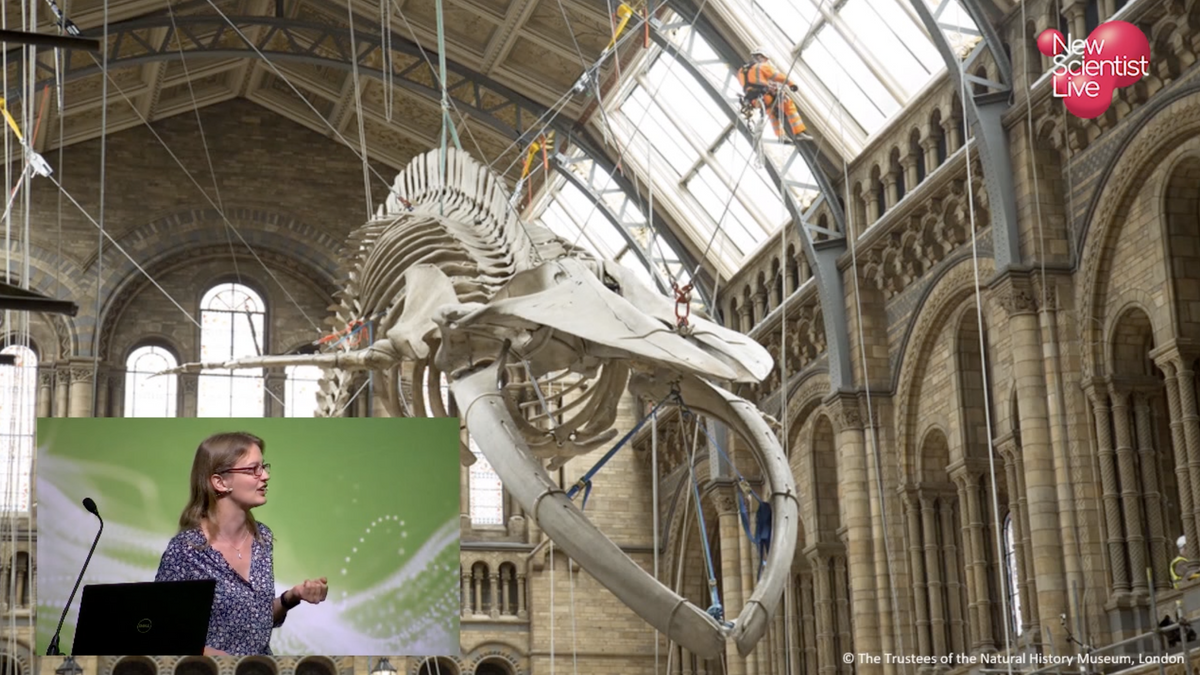Ten years on...
 1st April 2019 is the 10th anniversary of me getting my PhD (I do still sometimes wonder whether it was all an elaborate April Fools joke!). In that time I’ve lived on three continents and visited 14 countries for work. I’ve made friends all over the world. I’ve laughed, I’ve cried, and I’ve been bitten by several small mammals. Ten years seemed a good time to reflect on what I’ve learned, sometimes the hard way, and I thought this might be of interest to some of you earlier in your academic journey.
1st April 2019 is the 10th anniversary of me getting my PhD (I do still sometimes wonder whether it was all an elaborate April Fools joke!). In that time I’ve lived on three continents and visited 14 countries for work. I’ve made friends all over the world. I’ve laughed, I’ve cried, and I’ve been bitten by several small mammals. Ten years seemed a good time to reflect on what I’ve learned, sometimes the hard way, and I thought this might be of interest to some of you earlier in your academic journey.
Things I’m better at…
-
I’m much quicker at doing pretty much everything. Writing papers, putting together presentations, preparing teaching materials, admin, reading papers etc. Part of this is, as you’d hope(!) that I’ve become better at lots of stuff. Practice does indeed help, as does the confidence gained through doing these things over and over again. Equally this is a result of time constraints - I no longer have anywhere near as much time to do things so I’ve just had to learn how to do them quicker. I have also realised that some tasks will fill the time you assign to them, so for things I know I’ll happily fiddle with for days (e.g. making pretty slides for a seminar), I now give myself a strict deadline meaning I’ve got time to do other things too.
-
I’m less of a perfectionist. Another thing that speeds stuff up is that I’ve become less of a perfectionist. Learning to embrace the “Perfect is the enemy of good” and “Done is better than perfect” mindset has been extremely helpful both in getting my projects finished and in helping me motivate my students to do the same. It has also helped that on occasion due to lack of time I’ve done a much poorer job of preparing than usual and no-one has noticed, nothing has caught fire, and no-one seems to think the worse of me for it. Those are great motivators to get stuff done and to try not to worry about things being perfect.
-
I’m more prepared to say no. Saying yes to opportunities is something I do across all facets of my life. I enjoy helping people and having new experiences. But it can get out of hand, leading to burnout and stress, and generally not being much fun to be around! I’ve become much better at saying no, and much better at backing out of things when I find I’m getting too stressed. Again, it’s been quite a revelation to discover no-one seems to think the worse of me for it. This makes sense - when people say no to me I don’t hate them, I understand that they’ve got a lot going on, but for some reason we think that when we say no the situation is different. I’ve also realised it’s best to say no quickly. Don’t sit on decisions for weeks on end as that’s annoying for the person asking. Think about it for a day and then make a decision.
-
I’m more realistic about my goals. In the past, I think my expectations were far too high. I’ve tried to make them more realistic, both on a short- and long-term basis, which helps stop me from feeling like I’m always failing. When I make a long to do list for the day and don’t achieve it I feel sad. If I make a short one and then do more stuff on top I feel like a superstar. I am aware it’s just a psychological trick but it makes me feel better!
-
I work with people I like. In the past, partly through choice and partly through circumstance, I’ve worked with some difficult people. I don’t do that anymore. I only work with people I like, and who leave me feeling energised about what we are working on rather than draining my energy.
-
I’ve gained some perspective. About 5 years ago I had a bit of an existential crisis with regards to academia. A lot of my friends and colleagues who were smarter than me were struggling to get jobs and/or leaving academia for all kinds of reasons. Academia itself felt like a toxic environment, rife with competitiveness, territoriality, a culture of overwork, poor mental health, and constant pressure to publish more, get grants etc. None of this has changed sadly, but I realised I needed to get some perspective about the situation. A big issue for me is that work (and before that school) has always been where I get my sense of self esteem and purpose. If I’m doing badly at work I feel like a bad and worthless person, even when many things are out of my control (e.g. grants, papers). This is obviously really unhealthy, but I know a lot of academics who feel the same way.
What changed? Well first it’s hard to take a step back when you’re working 24/7. I’ve made a concerted effort to stop working at evenings and weekends except where necessary. I’ve started valuing my work-life balance as a single person in the same way as my friends with kids value theirs. I have non-academic friends. I have hobbies. I volunteer. I exercise. I watch Netflix and read novels. I take proper holidays and turn off my email.
Second, I noticed that as academics, even when with non-academic friends, we tend to turn to work for conversation. For example, ask an academic what they’ve been up to recently and they’ll tell you about their most recent research project. It’s good to be excited by your research, but it’s not all we are as people. When someone asks how I am, or what I’ve been up to, I try and include non-work things too.
Third, I make decisions about what to do based on whether I enjoy it or think it’s important, not necessarily because I think it’ll be good for my career. So yes I teach more than I need to in a purely research position, but I enjoy it and think it’s important. Equally my involvement with diversity work takes time away from writing papers but it gives me more satisfaction than any paper will. Of course a balance needs to be achieved and I’m privileged to be able to make these kinds of decisions because I have a permanent job.
Finally, I have a back up plan. In the past it sometimes all felt like “too much” because if I didn’t get that job/fellowship/grant what would I do? Who would I be without my science? Finding perspective means I know I still have plenty in my life I love and enjoy outside of work. And if I did have to leave for some reason I could do plenty of other things.
Things I’m worse at…
-
Reading the literature and knowing the field inside out. As a PhD student and postdoc I did a lot of reading, both in and around my subject area. I went to several journal and book clubs, and I reviewed a lot of papers. Now I’m an editor at a journal so I read a lot of papers in that area, and I see what is trending on Twitter. But otherwise I’m just hoping someone else will keep me updated! This feels horrible, and triggers imposter syndrome, but I try to convince myself it I did need to catch up with the literature in an area I totally could… (please don’t burst my bubble!). But PhD students and postdocs, when I say you know more than me I genuinely mean it!
-
Remembering my own work. Seriously, I am terrible at this. If you ask me a question about a paper I’ve written I guarantee I’ll have to check the paper and the code before I can get back to you. There are some papers I don’t even remember writing til someone asks about them. And I don’t even have that many papers…
-
Remembering anything I don’t write down Sorry anyone who has been burned by this, but if I don’t write it down and keep it in a sensible place I will forget. If you want to meet with me make sure I put it in my calendar or I will forget.
-
Finishing blog posts… This has been sitting on my computer for months waiting for me to finish it with some pithy summary or words of wisdom. I think basically, the Hitchhikers’ Guide says it best: “Don’t panic!”
